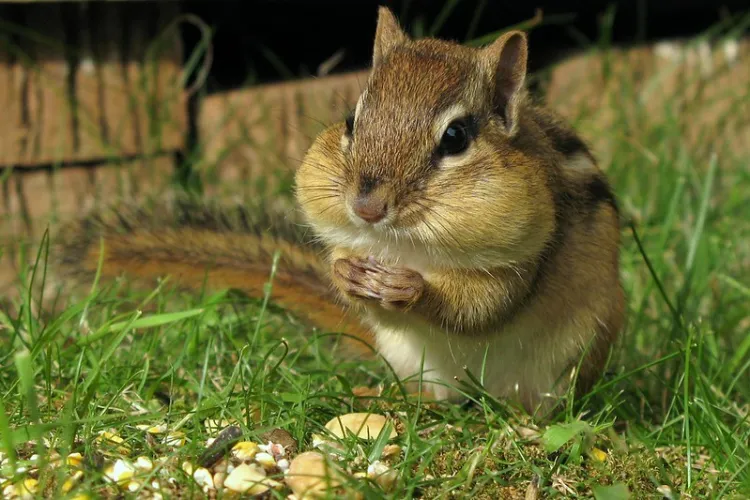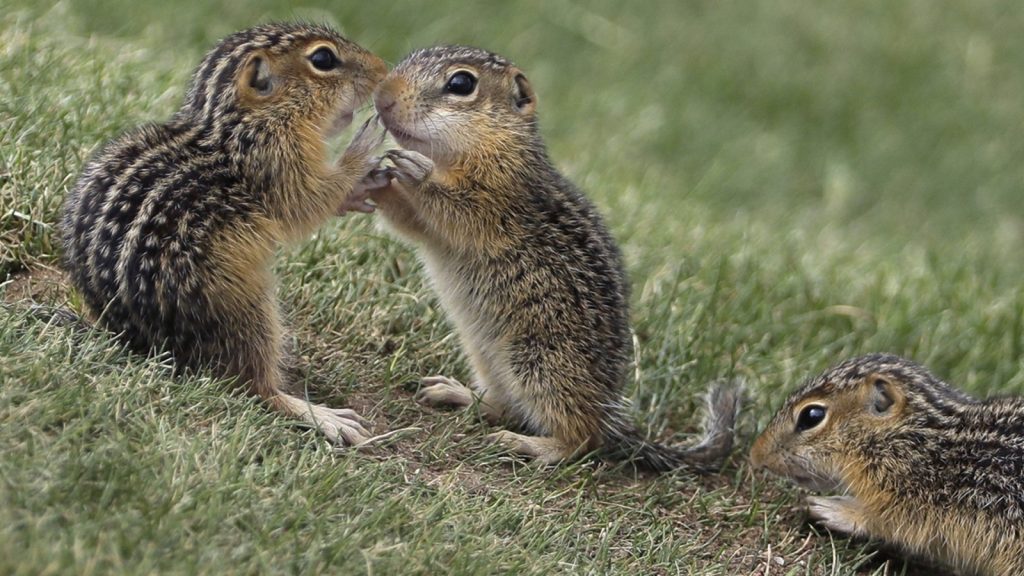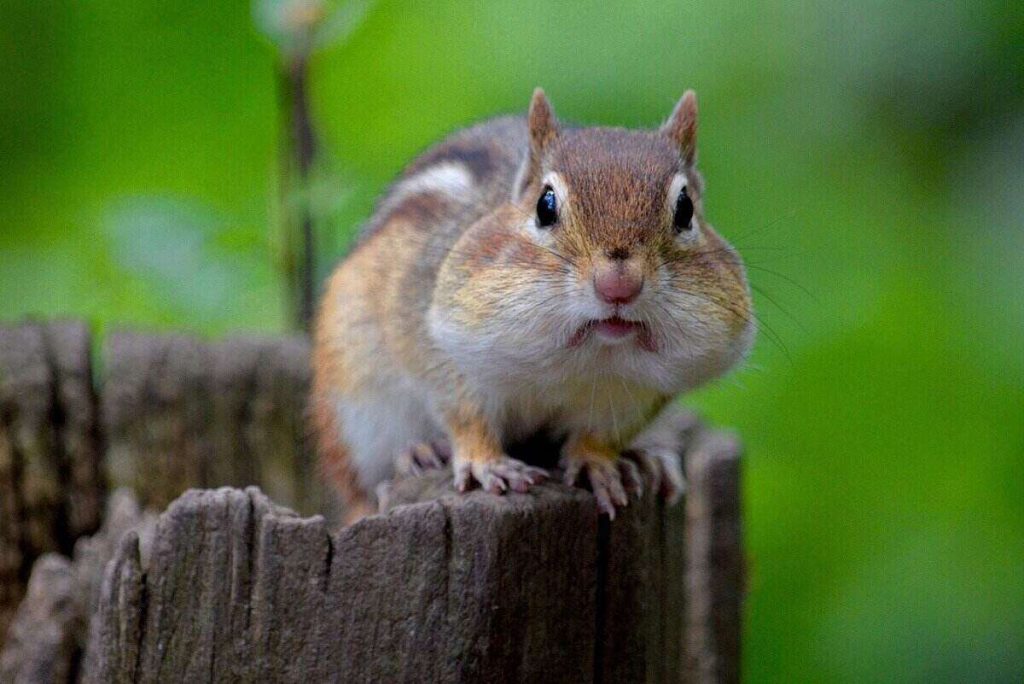Climate change has been identified as one of the biggest threats to global biodiversity and is expected to have a significant impact on the distribution and abundance of animal species worldwide. Among the many species at risk are chipmunks, small, ground-dwelling rodents found primarily in North America. In this article, we will explore the impact of climate change on chipmunks and their ecosystems.

Chipmunks are particularly sensitive to changes in temperature and precipitation, which play a critical role in regulating their populations. As temperatures rise and rainfall patterns change, chipmunks may experience reduced availability of food and water, increased competition for resources, and altered interactions with other species in their ecosystems.
One of the primary effects of climate change on chipmunks is the alteration of their habitat. Chipmunks are generally found in forests and grasslands, where they rely on plants and insects for food and cover. As temperatures rise, these habitats may shift or shrink, limiting the availability of food and shelter for chipmunks. In addition, changes in precipitation patterns may lead to drought or flooding, further impacting the availability of resources in their habitats.
Another impact of climate change on chipmunks is the alteration of their behavior. Chipmunks are known for their ability to hibernate during the winter months, relying on stored food and body fat to survive through the colder months. However, as temperatures rise, chipmunks may wake up earlier or not hibernate at all, leading to increased energy expenditure and reduced survival rates. Additionally, changes in precipitation patterns may impact the availability of food sources, leading to altered foraging behaviors or increased competition with other species.

Climate change may also impact the interactions between chipmunks and other species in their ecosystems. For example, as temperatures rise, plant and insect species may shift their ranges, leading to changes in the availability of food for chipmunks. Additionally, as habitats change, chipmunks may come into contact with new predators or competitors, altering their behavior and population dynamics.
The impact of climate change on chipmunks is not limited to their populations and ecosystems. Human communities may also be impacted by changes in chipmunk populations. For example, chipmunks are important seed dispersers, and changes in their populations may impact the distribution and abundance of plant species in their habitats. In addition, chipmunks may carry diseases that can be transmitted to humans, and changes in their behavior or range may increase the risk of disease transmission.

In conclusion, climate change is expected to have significant impacts on chipmunks and their ecosystems. Changes in temperature and precipitation patterns may alter chipmunk habitats, behaviors, and interactions with other species, leading to changes in their populations and the distribution of plant and animal species in their ecosystems. The impacts of climate change are complex and far-reaching, and it is essential that we take action to mitigate its effects and protect the biodiversity of our planet.